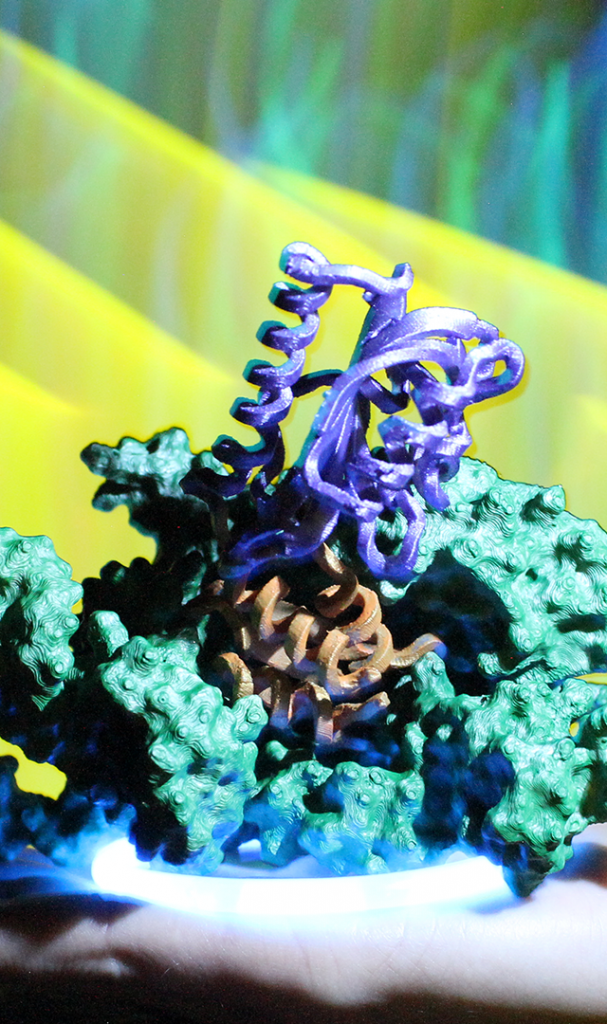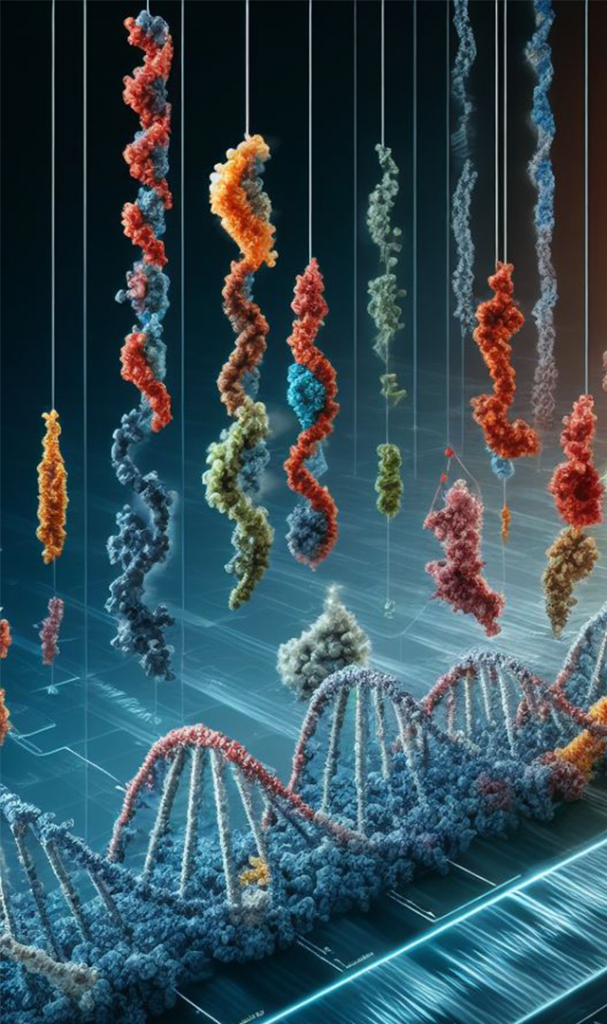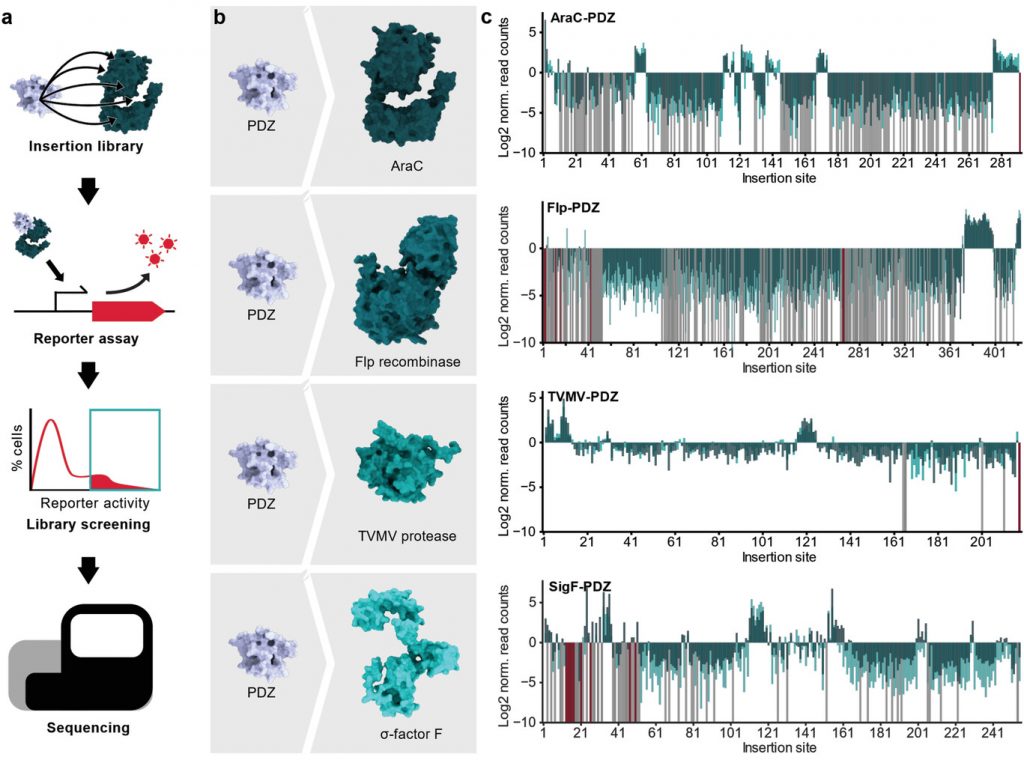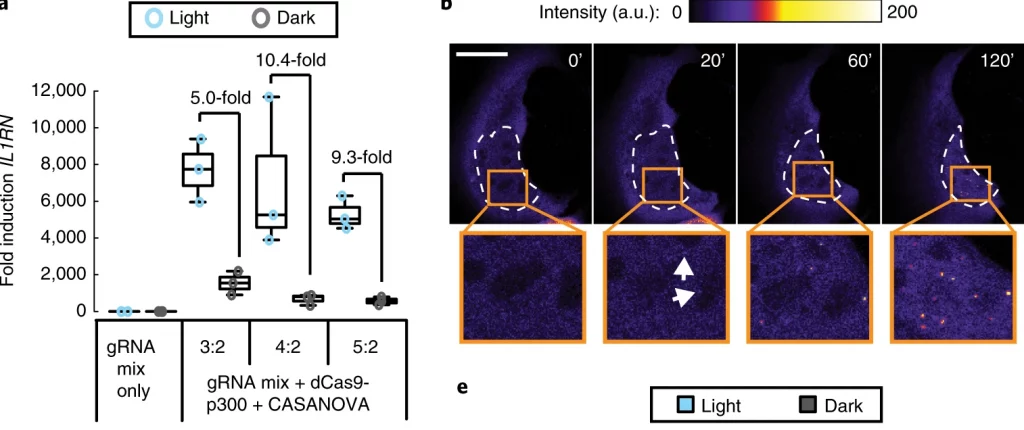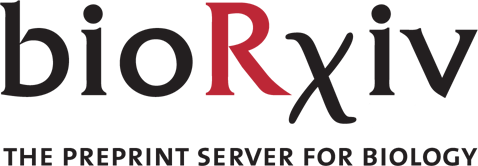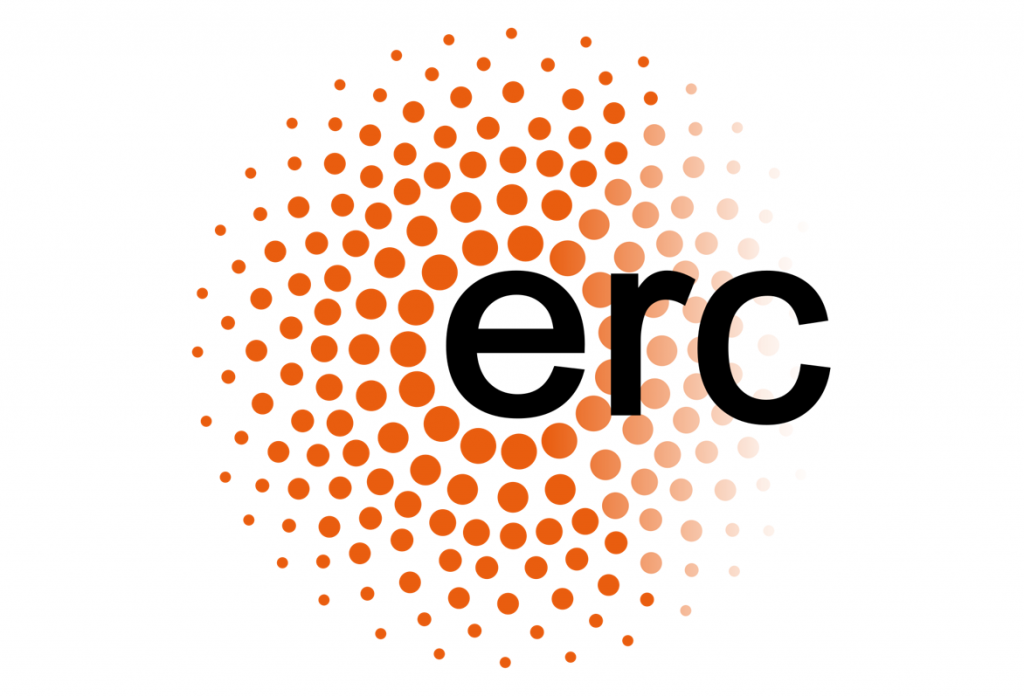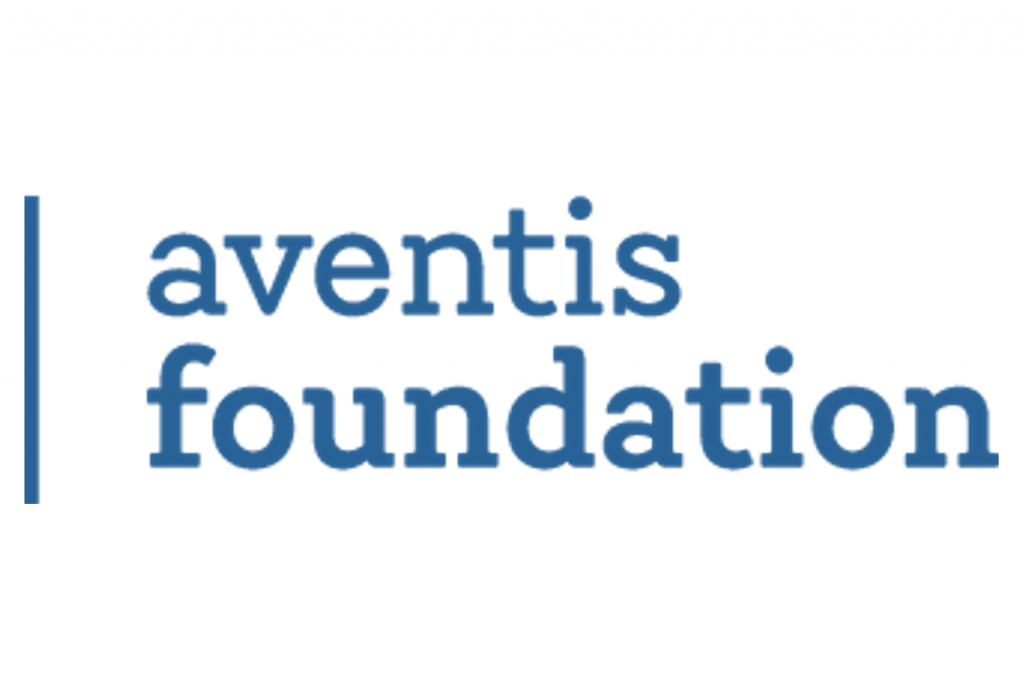welcome to the niopek lab

Our group is driven by the vision to control molecular processes in living cells with high spatiotemporal accuracy for applications in basic research and future medicine. To this end, we combine state-of-the-art methods including optogenetics, CRISPR, viral vectors and machine learning. Our mixed experimental and computational group is located at the Institute for Pharmacy and Molecular Biotechnology (with a
beautiful view over the botanical garden) and part of the new faculty for engineering sciences at Heidelberg University. Find out more about our team and research below, as well as open positions.
Research
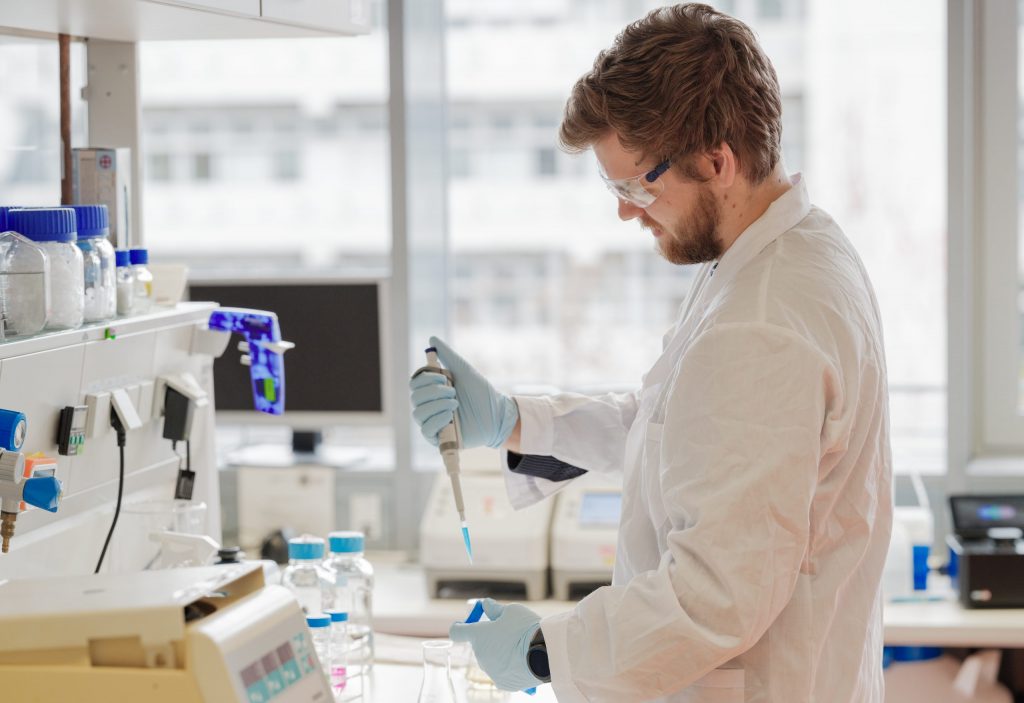
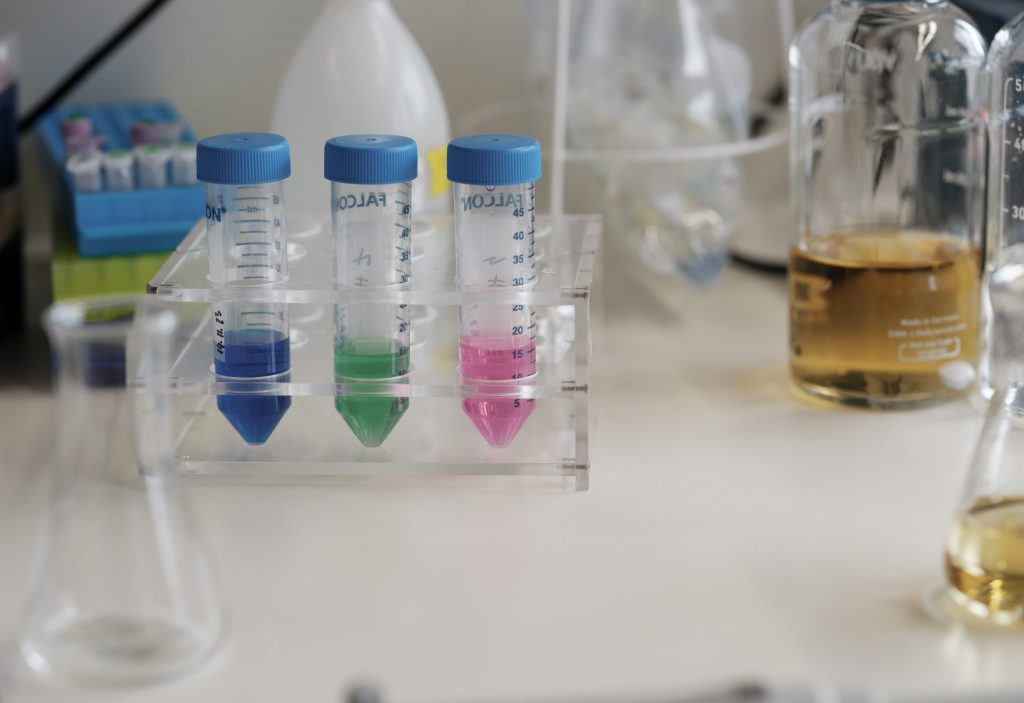
Proteins are molecular machines that drive all major functions in cells. Taking a synthetic biology perspective, our lab integrates experimental approaches With machine learning to engineer proteins for remote control of cellular functions. The DaVinci-Switches project funded by the ERC represents one of
our core initiatives. There, we take a ‚design by directed evolution‘ approach, combining large synthetic protein libraries with phage-assisted in vivo evolution and machine learning. Our goal is to advance our understanding of protein allostery and thereby facilitate the design of single-component, switchable proteins dependent on light or drugs. In parallel, we are running multiple projects that combine CRISPR genome editing With optogenetics, for instance by creating light-switchable anti-CRlSPR proteins for spatiotemporal control of CRISPR-Cas effectors in mammalian systems. Further, we specialize in creating cell-specific CRISPR systems that detect and react to endogenous cellular cues, such as tissue-specific microRNAs. Embodying a dynamic and creative ethos, our team is continually poised to tackle emerging challenges and explore new frontiers in these evolving fields of synthetic biology and genome engineering.
